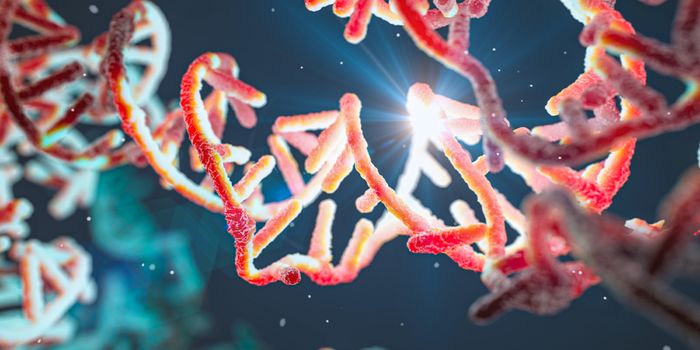First Non-Opioid Drug?

In a study published in the medical journal—PAIN, a non-opioid drug compound discovered by researchers from the National Institute of Health (NIH)—may seek to treat chronic pain without addictive consequences.
"Chronic pain is extremely challenging to treat due to a lack of effective first-line therapies," said Matt Buczynski—author of the publication in PAIN.
The drug, referred to as ML351, will work to inhibit the naturally produced enzyme 15-Lipoxygenase-1, which contributes directly to chronic pain. This type of pain is not treatable with OTC nonsteroidal anti-inflammatory drugs such as ibuprofen. These particular drugs simply treated pain by reducing inflammation—which is not enough for diminishing chronic pain.
"Our goal is to demonstrate the preclinical efficacy of ML351 for chronic pain that does not respond to nonsteroidal anti-inflammatory drugs and might otherwise be treated with opioids," explains research scientist--Ann Gregus at the School of Neuroscience, part of the College of Science at Virginia Tech.
What is the difference between chronic pain and acute pain? Well, for one acute pain occurs as a form of protection from severe self-injury i.e., touching a hot stove. For chronic pain, these signaling pathways have been chronically activated, the pain can be debilitating. To treat chronic pain in suffering patients, healthcare providers will often prescribe powerful drugs—opioids in particular like Oxycodone and other narcotics. However, with the opioid epidemic on the rise, treating chronic pain has been faced with major hurdles.
“Serious issues with long-term usage or misuse/diversion of opioids necessitate the development of alternative treatments to expand the options available to patients with chronic pain,” says Buczynski. "While opioids are highly effective medications, concerns regarding danger of their misuse have reached a fever pitch. Thus, there is critical need of novel nonopioid treatments for the effective management of chronic pain."
ML351 is believed to target a novel signaling pathway responsible for chronic pain. "ML351 may be effective for multiple types of pain, and our future studies will investigate its utility in other models of chronic pain," explains Gregus. "ML351 shows promise as a non-opioid therapeutic to treat pain states not relieved by over-the-counter medications. Future studies will determine how we can translate these findings into novel therapeutics for clinical use."
Learn more about opioid addiction on the brain, by watching this short film-based video:
Source: ScienceDaily, PAIN









